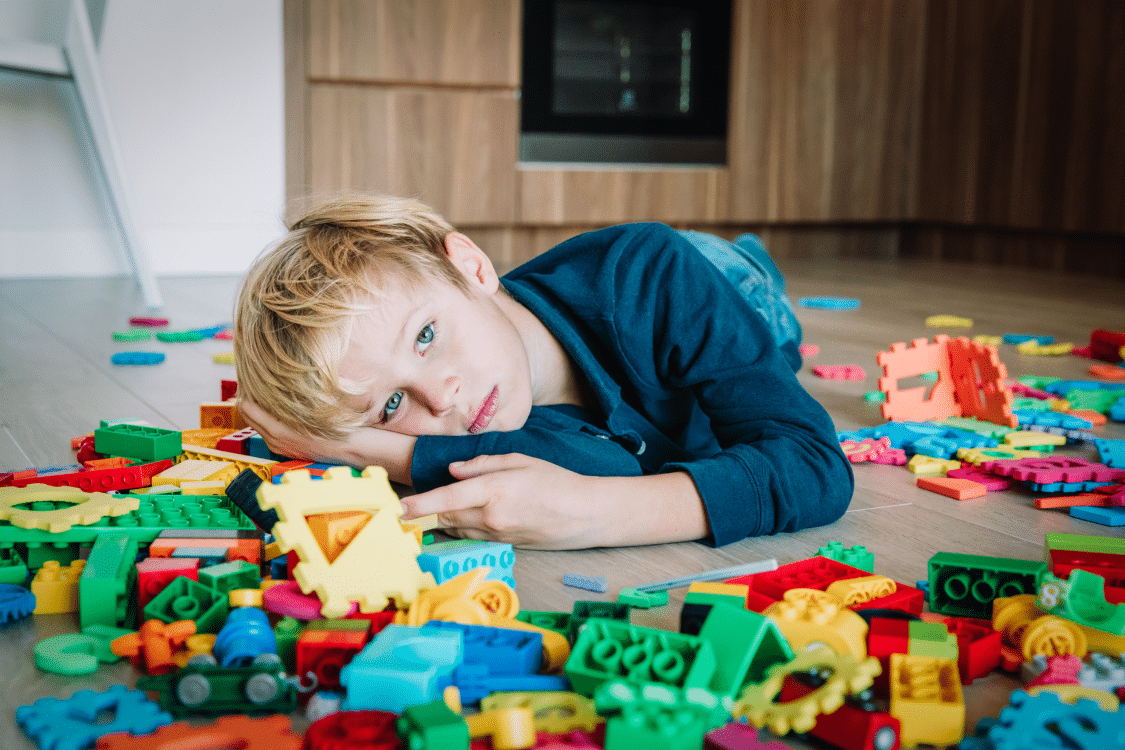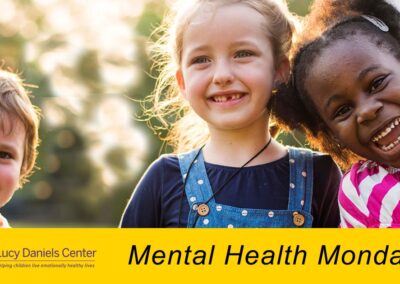Mental Health Mondays
When Young Children Say, “I’m Not Your Friend Anymore.”
Young children have a variety of statements when they are upset with another child and many parents have heard one version or another of the phrase he’s not my friend anymore. The key to understanding how to help a young child when they are experiencing strong emotions about friends and peers stems from an understanding of the child’s perspective and their current developmental needs in the area of social relationships.
Understanding How Young Children Perceive Friendships
Children under the age of six tend to perceive experiences more concretely than school-aged children. While they hold onto memories of experiences, they experience life more in the moment than older children or adults do. Therefore, things are either all good or all bad; classmates are either nice or mean; and an experience is either fun or boring. When things are going well between two young children, there is a friendship. When there is a disagreement, there may no longer be a friendship. This is true mostly for children at the preschool or kindergarten level or younger. One of the tasks of early childhood is to begin to integrate the good and the bad, remember the past and project different possibilities into the future, allowing a more balanced perception of people, relationships, and experiences to emerge. The ability to do this develops naturally over time but can be supported and nurtured by adults.
The Meaning of “He’s not my friend anymore”
When a young child makes this kind of statement, it has a different meaning than if an older child or adult were to say it. For a young child, it is their best way of saying that another person has upset them. Adults understand that this kind of statement from a young child is not permanent, but for the young child, the feeling and therefore the statement is real and true in the moment, and may feel permanent.
What Adults Can Do to Help
Parents and early childhood caregivers have the task of presenting an integrated picture of events and experiences without negating children’s real feelings. While parents and teachers want children to be polite and kind, they also have to understand a genuine feeling is behind every strong statement. With this understanding, in response to a comment such as, “Johnny is not invited to my birthday party,” parents and caregivers can say, “Wow, Johnny must have really upset you that you don’t want him at your birthday party. What happened?” This supportive comment doesn’t negate the feeling, welcomes reflection, and connects the child’s feeling to an experience that he now has an opportunity to share with a trusted adult. Furthermore, over time, conversations like this will add to a child’s ability to express his feelings clearly to his friends in moments of conflict and disagreement.
When to Seek Help
Some children have a general difficulty with making friends and playing with others. There could be many causes for this type of difficulty, but if your child seems to be more inhibited or isolated in a group setting, or have difficulty with social boundaries and limits, some extra help in the area of their social development may be needed. A qualified mental health professional may be helpful in determining what level of intervention is best suited to a particular child’s needs. Social skills groups may also be a stepping stone in determining the causes and triggers for a child’s social difficulties. For more information on the types of services available to young children and their social and emotional development, see our website at www.lucydanielscenter.org.
Lucy Daniels School is an emotionally safe and supportive learning environment for children preschool-5th grade. Lucy Daniels School provides an alternative choice in our therapeutic school for children who struggle emotionally and academically in a mainstream school environment. At the Lucy Daniels School, each child’s education and therapeutic program is carefully tailored to his or her needs and strengths. Parents meet regularly with a parent guidance counselor. This collaborative approach helps children progress socially and academically to become successful and competent learners.


